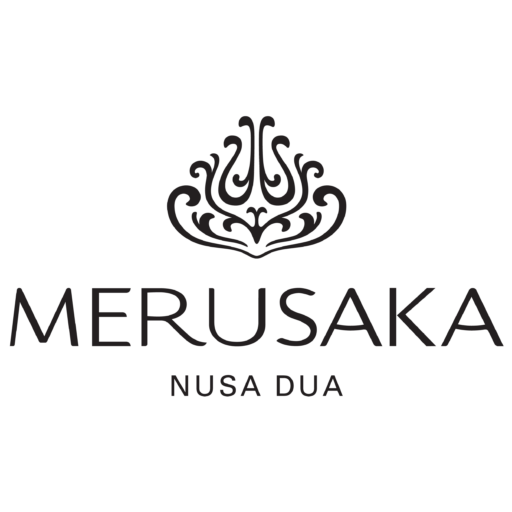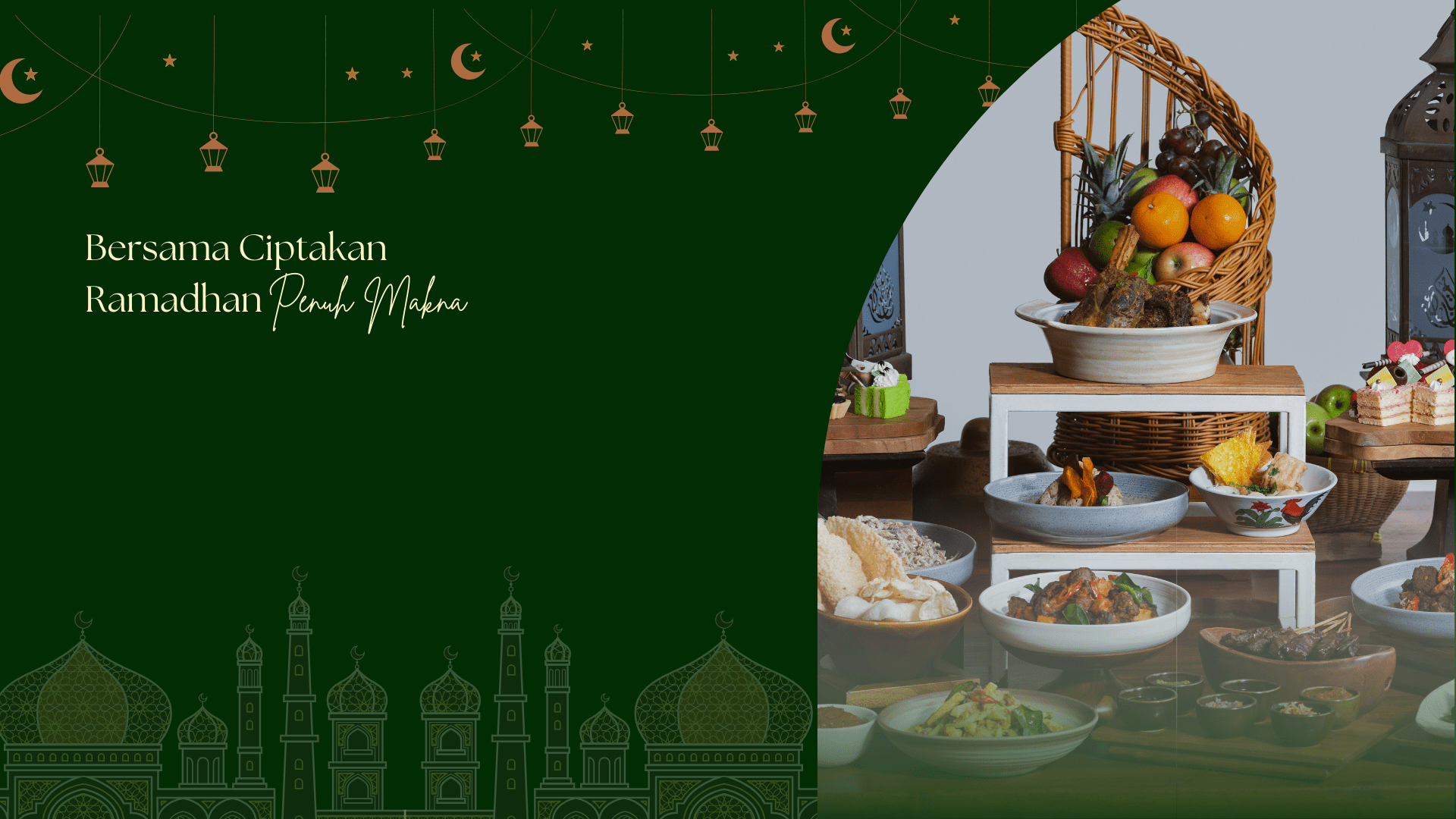The Balinese Naming System is full of amazing stories. It reveals traditions, family identity, and a social history. This goes beyond just hearing a friendly “Hello, I’m Wayan!” on our lovely island. Perhaps you’ve already learned about the common birth order names. Many guests, like you, want to know even more about the meanings in Balinese names.
With a warm spirit of sharing, which we love here at Merusaka Nusa Dua, let’s explore deeper. We will look again at the nice details of birth order names. Also, we will find the beauty and meaning of personal given names. Furthermore, we will kindly introduce some traditional titles linked to Wangsa (social family groups). We don’t expect you to become an expert quickly. Instead, we hope to make your Bali experience better. You will appreciate the stories names can tell more deeply. This will make every friendly interaction even nicer.
The Familiar Friends: More on Birth Order Names & Their Charming Variations
As you may know, many Balinese people receive a name based on their birth order. This tradition is both practical and deeply rooted. It’s a lovely, quick way to understand a person’s place in their family story. This system is a core part of the Balinese Naming System.
The Main Four Birth Order Names
Here’s a quick reminder of the main four names and how they cycle:
- Wayan: This name happily marks the first-born. You might also hear “Putu” or “Gede” (often for males). Sometimes, “Luh” is used for females.
- Made: This name tells us it’s the second child. “Kadek” is also very common, as is “Nengah.”
- Nyoman: This name often means the third-born. It’s interchangeable with “Komang.”
- Ketut: This name charmingly indicates the fourth child. People sometimes compare it to the “little last banana” in a bunch!
What Happens Next? If a family has more children, the cycle often starts again. So, a fifth child might be named Wayan once more!
Friendly Variations You’ll Discover
You will hear these names used everywhere. However, their variations add a nice local touch. For example, “Putu” might be more common in some areas for the first-born. Meanwhile, “Gede” means ‘big’ or ‘great’. It is a strong, often male name for a first-born. “Kadek” is a very popular and sweet name for the second child. These are not strict rules. Instead, they are beautiful local customs. All of them point back to that same loved birth order.
The Personal Touch: Uncovering Unique Given Names & Their Meanings
Beyond the familiar birth order name, every Balinese person also has a unique personal given name. People often call this their nama unik (unique name) or nama diri (personal name). Sometimes, it is lovingly called their nama cenik (small name), especially when used since childhood. This is where individual identity and parents’ hopes truly show. It adds another fascinating layer to the Balinese Naming System.
A Story Behind Every Name
Parents rarely choose these personal names without thought. They often carry beautiful and important meanings. These meanings frequently come from rich sources:
- Sacred Languages: Many names have roots in Sanskrit. This is the old language of Hinduism. Others come from Kawi, which is Old Javanese. These reflect Bali’s deep Hindu-Javanese history. For instance, think of names like “Surya” (Sun God), “Chandra” (Moon God/Goddess), or “Dewi” (Goddess).
- Divine Inspiration: Names of respected Hindu gods, epic heroes, or noble heroines are popular. These come from stories like the Ramayana or Mahabharata. Examples include Rama, Sita, Krisna, Arjuna, Sri, or Parwati.
- Virtues and Hopes: Parents often choose names that mean good qualities or wishes for their child’s life. Such names are Budi (virtue, wisdom), Santi (peace), Dharma (righteousness, duty), Wira (brave, hero), or Lestari (everlasting, preserved).
- Nature’s Beauty & Special Times: Sometimes, names come from the beauty of nature. Think of flowers, mountains, or the sea. Also, a name might connect to a special event or time when the child was born.
Who Uses Which Name?
Close family members, lifelong friends, and people in their village typically use this personal name. It is often the name they feel most connected to. A visitor might first know someone by their birth order name. This is easy and common for introductions. However, as friendships grow, you might be invited to use their personal name. This is a lovely sign of a closer bond.
A Few Examples You Might Hear:
-
Dewi: This is a very common and beautiful name for girls. It often means “goddess” or “divine light.”
-
Budi: People often use this for boys. Sometimes, it is used for girls. It means “wisdom,” “good character,” or “consciousness.”
-
Putra (for boys) / Putri (for girls): These names mean “son” / “daughter.” They are often part of a longer personal name.
-
Sari: This is a popular name for girls. It often means “essence,” “flower,” or “quintessence.”
-
Image Alt Text: Balinese girl with a traditional flower behind her ear.
-
Image Caption: Personal names in Bali often carry beautiful meanings from sacred stories or nature.
An Introduction to Wangsa: Understanding Traditional Social Lineage & Titles
To fully appreciate some Balinese names, it helps to learn a bit about the traditional social structure called Wangsa. This system has deep historical and cultural roots. Its role in modern Balinese society is always changing. People often discuss its meaning with care within Bali. Our goal, as friendly hosts, is simply to help you recognize certain names and titles. You might meet people with these titles during your visit. This is purely for your deeper cultural understanding. You are not expected to learn complex social rules. This knowledge further enriches your understanding of the Balinese Naming System.
The Four Broad Traditional Classifications (Catur Wangsa)
Traditionally, Balinese Hindu society had four main groups, or Varnas. These are:
- Brahmana: These families were traditionally priests. They cared for sacred knowledge.
- Ksatria: These families were traditionally rulers, nobles, and warriors.
- Wesya: These families were traditionally merchants, administrators, and a group of nobles.
- Sudra: These were traditionally common people, farmers, and artisans. They make up most of the Balinese population.
It’s important to know that the Sudra group mainly uses birth order names (like Wayan, Made). They often combine these with a personal name. This is their main public identifier.
Titles of the Tri Wangsa: Higher-Status Lineages
Families who trace their history to the Brahmana, Ksatria, and Wesya groups often carry special titles. These are an important part of their names. These titles pass down through the father’s side of the family. They show ancestral heritage. Here are some you might hear:
From the Brahmana Lineage:
- Ida Bagus: This is for males. People often shorten it to “Ida Bagus.” Younger men might be called “Gus” as a kind nickname.
- Ida Ayu: This is for females. It’s often shortened to “Dayu.”
What it Means: These lovely titles show family ties to the priestly lineage. This heritage traditionally connects to spiritual leadership. It also involves knowledge of sacred texts and leading important religious ceremonies.
From the Ksatria Lineage:
- Anak Agung: This name is used for both males and females from a higher royal lineage. People often write it as “A.A.” They might address elders as “Gung De,” or a wife as “Gung Is.” An older sibling might be called “Gung Kak.”
- Tjokorda: People often shorten this to “Cok” (pronounced ‘Chok’). This title shows a high royal lineage. It often connects to the old ruling families of specific Balinese kingdoms.
- Dewa / Dewa Ayu / Sang Ayu / Desak: These are other titles. They indicate a Ksatria (noble/warrior) lineage. There are also regional differences and specific family connections.
What it Means: These titles usually point to a family connection to Bali’s past royal courts. They also indicate warrior classes or ruling families.
From the Wesya Lineage:
- Gusti: This title is used for both males and females.
What it Means: This title is linked to a family history traditionally involved in trade or administration. It is a group of nobility below the Ksatria.
How These Names Are Used
These titles are more than just names. They are a core part of a person’s complete identity. They hold important social and ceremonial meaning within the Balinese community. You will hear them used during ceremonies. People use them when speaking to elders or respected figures from that family line. They also appear often in official documents.
Politeness for Visitors: Your Golden Rule!
Please don’t feel overwhelmed! As a visitor, you are not expected to be an expert in this detailed system. The most important thing, always, is real politeness and respect. Using “Pak” (for men, like Mr.) or “Ibu” (for women, like Mrs./Ms.) is always wonderful. Then, use the name a person offers you. This could be a birth order name like “Wayan,” a title like “Gusti,” or a personal name like “Budi.” This approach is always respectful and much appreciated. Your kindness and real effort to connect will always shine through.
Other Naming Influences: A Quick Note
The Balinese Naming System is also influenced by other factors.
Clan Names (Nama Dadia or Nama Soroh)
Besides individual names and Wangsa titles, many Balinese families belong to specific clan groups. These are called dadia or soroh. These groups have ancestral names or origins. They are important for temple connections and larger family lines. However, people generally do not use these names when talking to outsiders every day. They are more for identity within the community.
Nicknames & Modern Adaptations
Just like everywhere, Balinese people often have loving nicknames. Friends and family use these. Also, in today’s connected world, some families choose more modern Indonesian or even international names for their children. They might use these names alongside or instead of the very traditional ones. This shows Bali’s lively and changing culture.
Conclusion: Names as Beautiful Stories of Identity
The Balinese Naming System, with all its charming layers, truly reflects the island’s unique culture. It shows Bali’s deep value for family and community. It also highlights its lasting traditions and historical social heritage. Each name can tell a story. It offers a look into a person’s family place and their connection to Bali’s past.
For us as visitors, the most important thing is not to remember every tiny detail. Instead, approach every interaction with real respect and open curiosity. Also, show appreciation for these unique customs. We believe that understanding even a little more about the stories behind Balinese names can truly deepen your connection with the wonderful people you meet. This makes your Bali experience even more personal and enriching.
We hope this deeper look has been interesting! The team at Merusaka always enjoys sharing these small insights into the culture we love.



